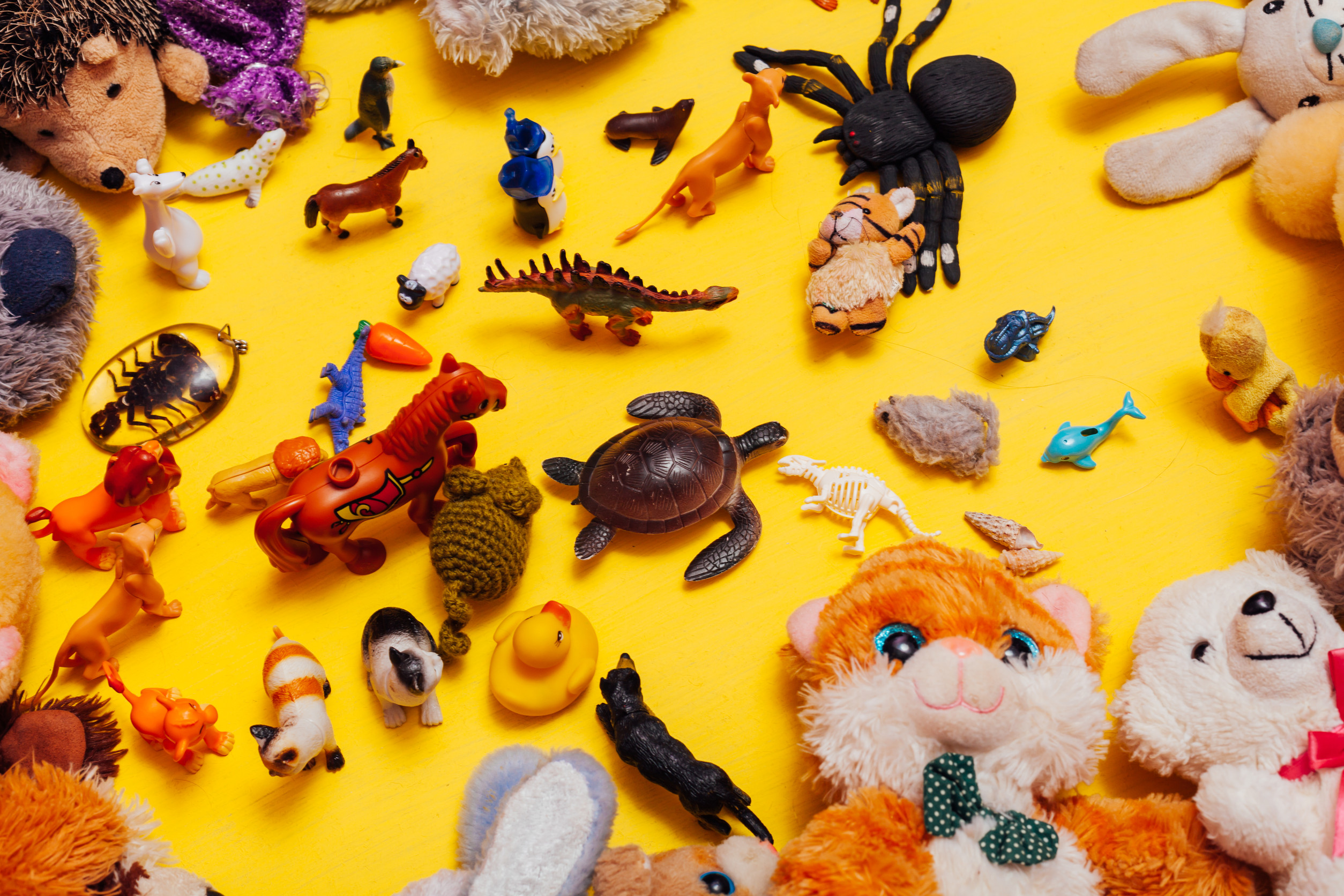Parenting is full of choices—some thoughtful and intentional, others made in the chaos of daily life. While it’s impossible to get everything right, certain missteps have a way of catching up with us long after the toddler tantrums and teenage drama pass. There are parenting decisions you’ll regret not because you’re a bad parent, but because they can shape how your child sees themselves, others, and the world. The good news? Recognizing these potential pitfalls now gives you the chance to course-correct before they do real damage. Here are five parenting choices that can quietly plant seeds of future regret—and what to do instead.
1. Prioritizing Achievement Over Connection
It’s natural to want your child to succeed, but when praise is tied only to grades, trophies, or skills, it can send the wrong message. Kids may start to believe they’re only lovable when they perform, not just for who they are. One of the parenting decisions you’ll regret is overlooking the value of emotional closeness in the name of productivity. While achievements come and go, the connection between parent and child lasts a lifetime. Make sure your child knows that your love is constant, even on their worst days.
2. Dismissing Their Big Feelings
Brushing off your child’s emotions as “dramatic” or “not a big deal” may seem harmless in the moment, but it teaches them to bottle things up. Emotional invalidation can lead to low self-esteem, poor coping skills, and reluctance to open up in the future. Among the parenting decisions you’ll regret, ignoring their inner world ranks high. Instead, model empathy and validate what they feel, even if it seems minor to you. Helping them build emotional literacy early will serve them far better than telling them to “just get over it.”
3. Letting Screens Babysit for Too Long
Sometimes you just need a break—and yes, screens can offer a little relief. But if they become your go-to solution, you may be sacrificing real-world learning, connection, and creativity. Too much screen time can dull your child’s curiosity, reduce social skills, and create dependency on external stimulation. This is one of the parenting decisions you’ll regret when you look back and wonder where the time went. Try setting gentle boundaries and encouraging tech-free moments filled with play, reading, or just talking face-to-face.
4. Skipping the Hard Conversations
It’s tempting to delay talks about grief, race, consent, or money because they feel uncomfortable or “too grown-up.” But avoiding these topics doesn’t protect your child—it leaves them to fill in the gaps with what they hear elsewhere. Many parenting decisions you’ll regret start with the hope of keeping things simple or preserving innocence. The truth is, children are incredibly capable of understanding tough subjects when we explain them with care. You don’t have to have all the answers—just a willingness to start the conversation.
5. Comparing Them to Others (Even Siblings)
“Why can’t you be more like your sister?” is a phrase that sticks longer than most parents realize. Comparing children’s chips away at their self-worth and can create resentment or sibling rivalry. This is one of those parenting decisions you’ll regret when you see how deeply it affects their identity and confidence. Celebrate your child’s unique traits, even if they’re different from what you expected. Everyone thrives in their own way—and your job is to cheer them on, not rank them.
Regret Can Be a Signal, not a Sentence
Parenting doesn’t come with a manual, and mistakes are part of the journey. But the parenting decisions you’ll regret most are often ones that seem small in the moment yet snowball over time. If any of these examples hit home, don’t beat yourself up. Regret simply points to what matters most and where change is possible. The good news? It’s never too late to shift direction, reconnect, and show your child they matter—just as they are.
Have you ever looked back and rethought a parenting choice? What would you do differently? Share your story in the comments!
Read More:
Act Fast: 11 Parenting Decisions That Require Urgent Action
9 Financial Mistakes That Rob Your Child’s Future
Catherine is a tech-savvy writer who has focused on the personal finance space for more than eight years. She has a Bachelor’s in Information Technology and enjoys showcasing how tech can simplify everyday personal finance tasks like budgeting, spending tracking, and planning for the future. Additionally, she’s explored the ins and outs of the world of side hustles and loves to share what she’s learned along the way. When she’s not working, you can find her relaxing at home in the Pacific Northwest with her two cats or enjoying a cup of coffee at her neighborhood cafe.









